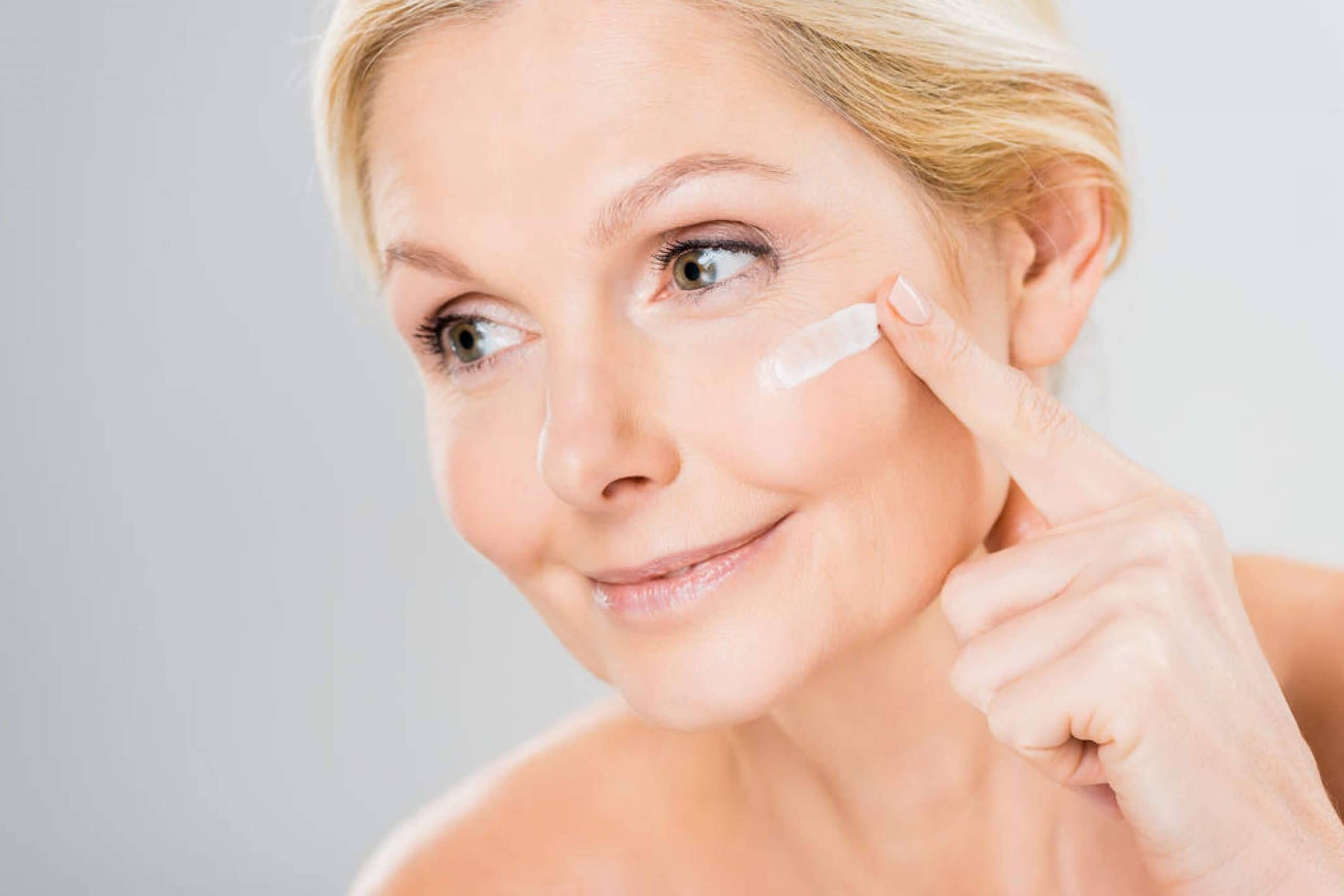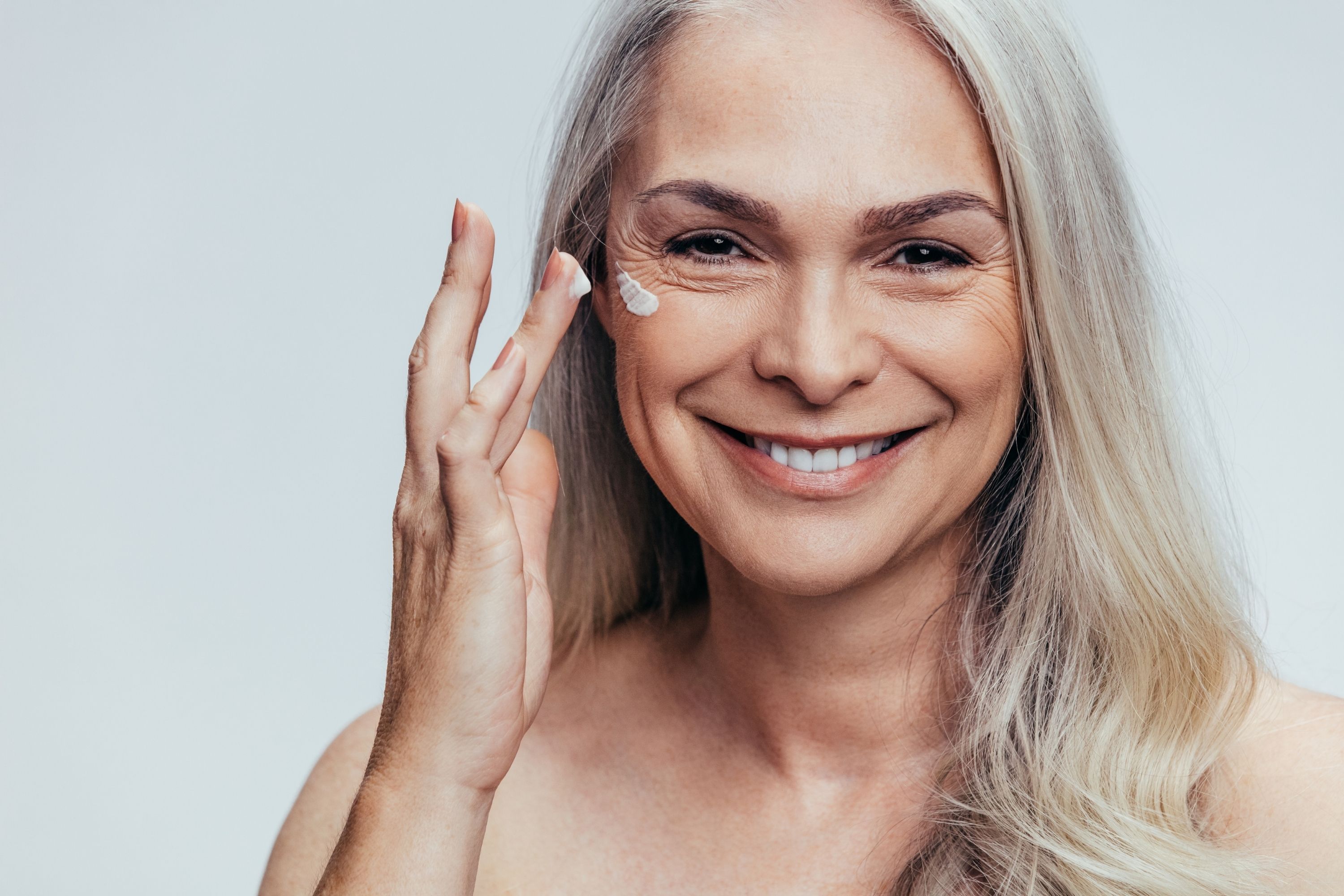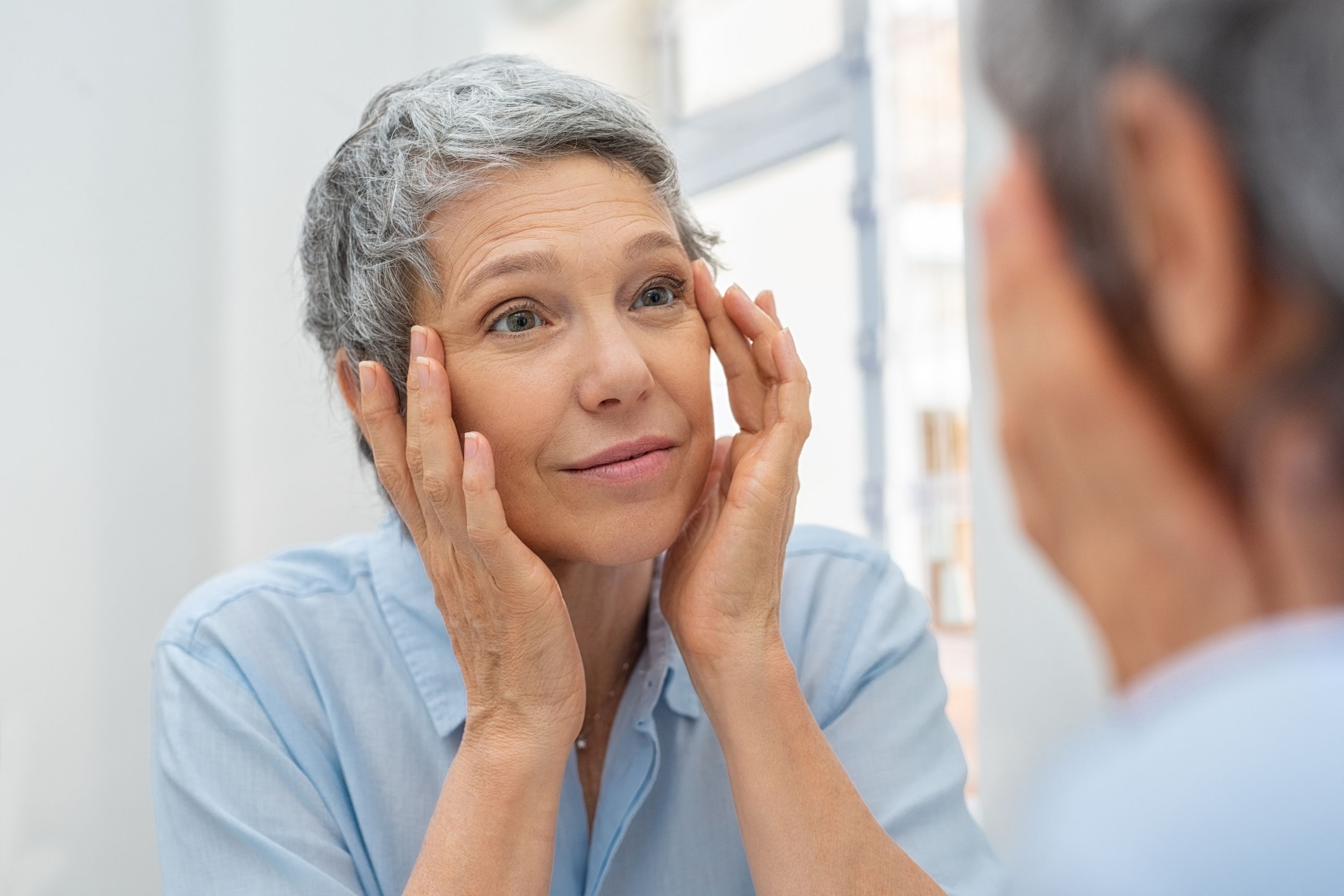For most of us, the summer months mean warm weather and relaxing outside in the sun. They’re a fun time to relax and unwind, so we’re often not thinking about the dangers the sun can bring.
We don’t get much sunshine in the UK, and that is why we all rush out to greet it when it finally shows up in summer, often without the necessary protection. People will head out for picnics, to the beach, or even just lie in their garden to sunbathe.
There is nothing wrong with soaking up a bit of sun every now and then; however, too much basking in the sun can cause skin damage.
While most people are aware of the danger that the sun poses, there are still some ways it can affect you that aren’t talked about enough. We don’t want to put too much of a dampener on your summer plans, but it is always wise to be careful when you are out in the sunshine.
That is why this article will inform you why the sun is more dangerous to you than you think.
It Can Lower Your Immune System
Sun exposure is known to cause skin damage. This is because it kills off the existing cells, which means that your body has to create more.
While the main danger of this process is that the newly created cells are more likely to become cancerous than the previous ones, another element of risk is hardly ever considered.
Your body’s immune system is responsible for producing these new cells, which means that it is less capable of fighting off disease while it is preoccupied. This means that you are more susceptible to illness after extreme sun exposure.
Fortunately, this isn’t too dangerous for the average person; however, individuals with an autoimmune disease like lupus cannot afford to have their immune system compromised. Therefore, it is better to stay out of the sun if you are concerned about poor health.

Eye Damage
Your bodily tissue is not the only kind that can become damaged due to overexposure to the sun. You may not realise it, but there is also a thin layer of tissue in your eyes that forms your cornea.
Your cornea is the structure that is responsible for protecting the insides of your eyes. It is specifically designed to filter the UV rays from the sun which, ironically, can damage your cornea over time.
Spending too much time in direct sunlight will eventually wear away the cornea which can cause you vision problems later in life.
If you need to work outside in direct sunlight for long periods of time, make sure you wear sunglasses to protect yourself from the harsh UV light.

Skin Damage
While skin cancer is a real risk when you expose yourself to the sun, there are other ways that it can affect your skin. Like with the corneas in your eyes, your skin is covered in melanin, a layer of cells that are designed to protect you from UV light.
However, these cells can be killed off by the sun’s rays, leaving your regular skin cells in a position to become damaged.
When your skin cells die, they are slowly replaced by new ones. Unfortunately, the replacement cells do not have the elasticity of their predecessors, causing your skin to become tight and you will age much faster.
It is possible to reverse sun damage, but you will need to contact a dermatologist for more information. If you want to stay looking youthful for longer, try to protect your melanin cells by applying sunblock, or sticking to the shade on hot days.

Hair Damage
The hair on your head is supposed to protect your scalp, the most sensitive part of your skin, from direct sun exposure. It does a great job, but you must also protect your hair in return. Again, too many ultraviolet rays can weaken your hair over time, causing it to become brittle.
Those who spend too much time in the sun are more likely to have thinner hair or struggle with split ends.
This too will age you considerably, so try not to get out in the sun too much without a hat on.
If you don’t like wearing a hat, or don’t feel that you look good in one, then consider wearing a headscarf as a covering instead.
This is particularly important if you have short hair, as the sun can reach to your scalp and burn it.

Cancer Of The Lips
The skin may be the part of your body that is most susceptible to cancer thanks to the sun’s rays; however, another form of cancer can form because of the sun.
Many people forget that their lips are just as sensitive to the sun as their skin, and therefore they forget to protect them with the appropriate measure.
Sadly, your lips can still receive significant sunburn, and they may eventually become cancerous due to overexposure. In fact, studies have shown that you are twelve times more likely to develop skin cancer on your lips than anywhere else in your body.
Therefore, you should never forget to protect your lips when heading out into the sun. Many lip balms contain SPF, so check when you’re buying one and make sure you apply it regularly throughout the day.

Conclusion
The sun is important for giving us vitamin D and generally improving our mood, but it can also have some downsides.
Extensive sun exposure can lead to serious health issues, so it’s vital that you take the time to understand the risks and how you can reduce them.
Ultimately, you should never fear going out and enjoying the sun, especially since it is so rare in the UK. However, it would be best if you always took the correct precautions to protect yourself from the many dangers that the sun poses to your health.
Use this guide to help you understand the risks you face when spending time out in the sun and how you can reduce them by making simple and easy lifestyle changes.









